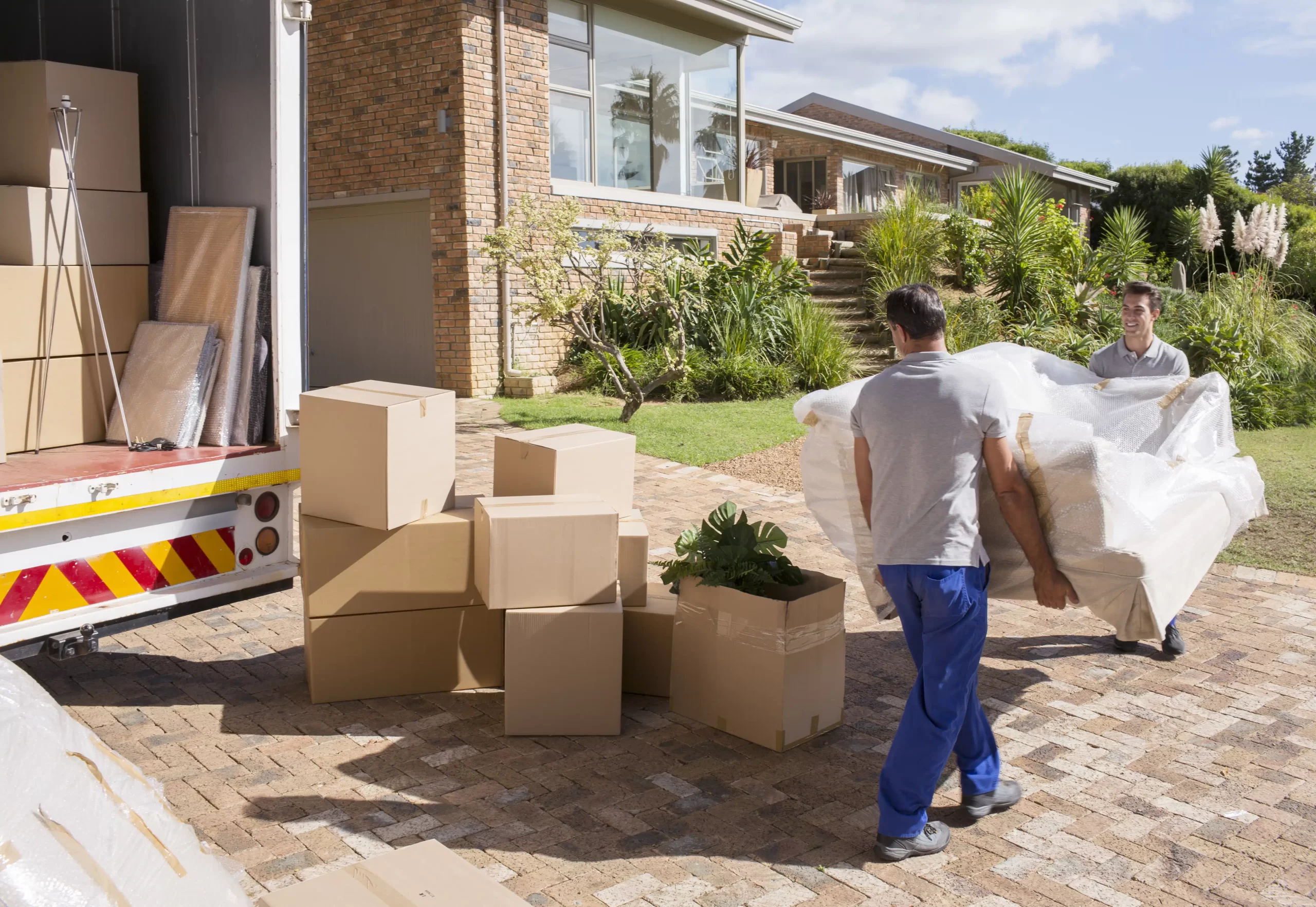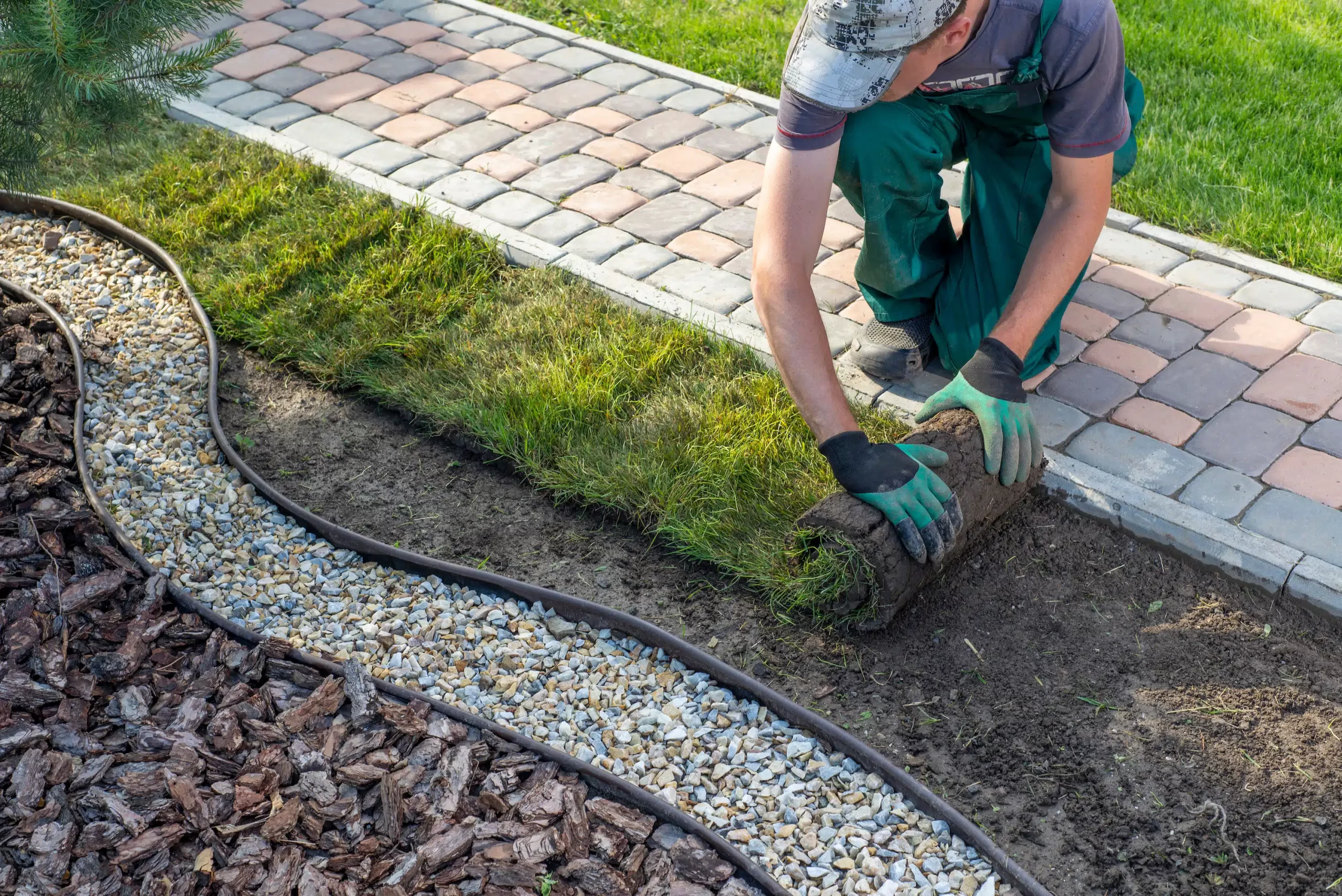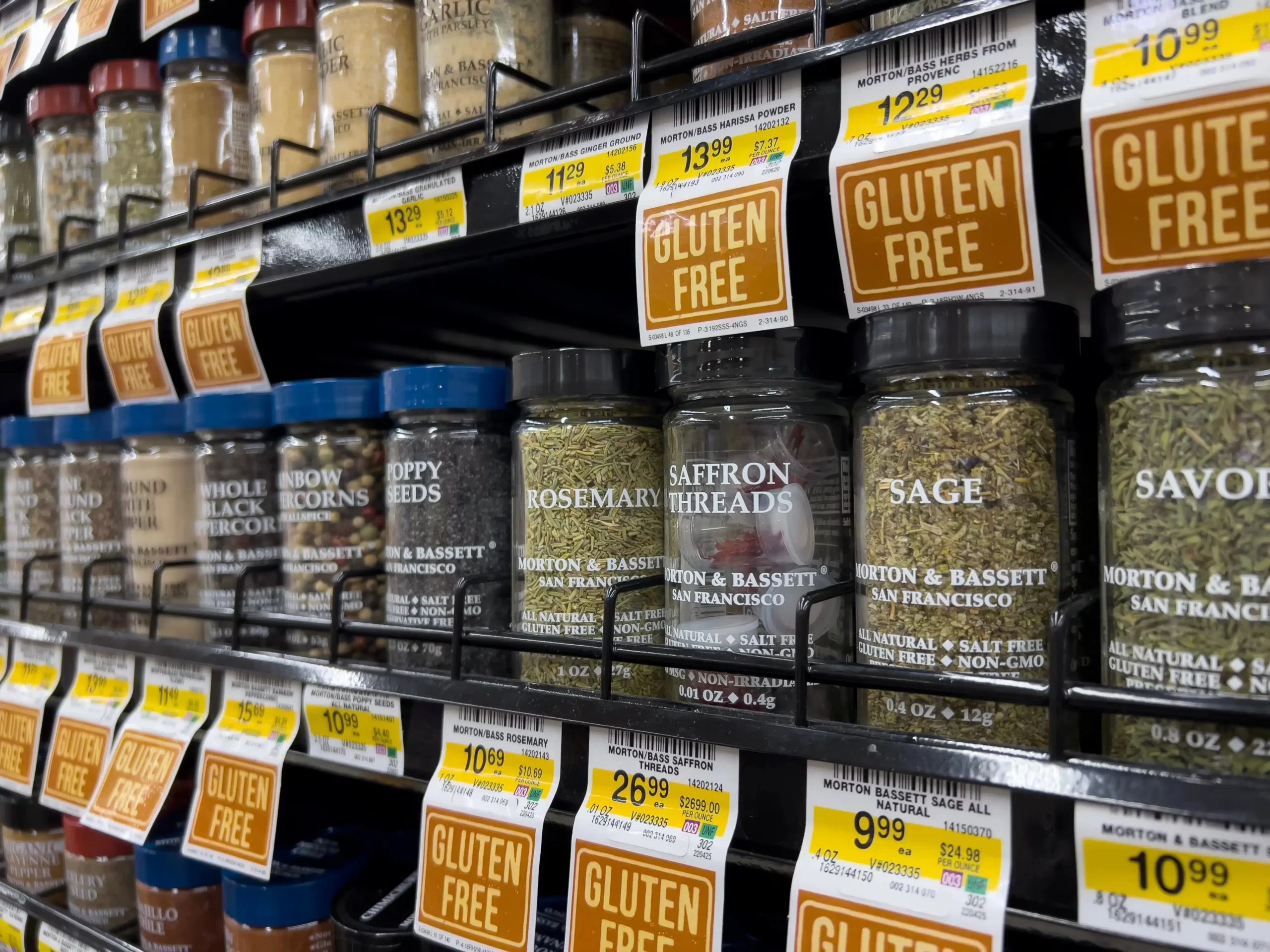Written by Zach Hewke Edit by Sabrina Lopez
When you’re budgeting to purchase a home, there is much more to consider than just the down payment you’ll make or your monthly mortgage payments. Here, we review the hidden costs of buying and owning a home.
The Major Costs of Buying a Home
When purchasing a home, there are both direct, upfront costs and indirect, ongoing costs associated with the purchase. Before you sign the dotted line, it’s important to know exactly what these costs are and how they may manifest.
Upfront Costs of Homeownership
Upfront costs are costs you pay when you initially purchase your house. Although most people think they just need enough money to pay for a down payment on a house, there are other costs that have to be paid upfront. These should be spelled out in a cost summary provided to you by your mortgage originator.

Some of the most significant upfront costs associated with purchasing a home are:
- Closing costs
- Down payments
- Moving costs
- Reserves
In addition to these upfront costs, there are many ongoing costs of owning a home.
Ongoing Costs of Homeownership
While most people budget for upfront costs when buying a home, there are quite a few additional expenses that most people overlook.
These costs may or may not be within your control. For example, if you move to a community with an HOA, you will need to pay that fee monthly. There are other factors that you do have more control over, such as maintenance and repairs.
Some of the most common ongoing costs of homeownership are:
- HOA and condo fees
- Home maintenance, repairs and utilities
- Homeowners insurance
- Mortgage insurance
- Mortgage payments
- Property taxes
Upfront Costs of Buying a Home
Let’s take a closer look at the expenses you’ll be responsible for when purchasing your home.
Down Payment
The down payment is the portion of your home’s cost that you pay upfront. This figure is typically represented as a percentage of the purchase price, so your down payment depends on how much your home costs.
Different loan programs will have different down payment requirements. For instance, Department of Agriculture (USDA) and Department of Veterans Affairs (VA) loans require no down payment, but Federal Housing Administration (FHA) loans require at least 3.5% down.
Down payments for conventional mortgages depend on your lender’s policies. Some will allow you to put as little as 3% down for a conventional loan, whereas others may require 20%.
Closing Costs
Closing costs are fees paid directly to your lender or other entities, and they typically cost around 2–5% of the mortgage you take out. Below are some of the most common closing costs:
| Closing Cost | Cost Explanation | Average Cost |
|---|---|---|
| Application fee | A fee paid directly to your lender to process your application | $0–$500 |
| Appraisal fee | A fee paid to a third-party appraiser used by your lender to verify that the purchase price does not exceed the home’s value | $300–$500 |
| Credit check fee | Many lenders charge a small fee to cover the costs of obtaining a copy of your credit report | 0.5%–1.5% of loan amount |
| Inspection fee | You may pay a qualified third party to walk through your house and make sure all of the systems are in order and that it’s structurally sound before you go through with your offer | $300–$500 |
| Origination fee | An administrative fee charged by lenders for processing your loan | 0.5%–1% of loan amount |
| Title insurance/search fee | Insurance that covers both you and the lender in case problems arise around ownership rights of the property | 0.5%–1% of loan amount |
Reserves
In addition to your down payment and closing costs, lenders may also require you to have reserves. This means you may have to prove that you will have additional cash after paying the down payment and closing costs.
The reason some lenders require proof of reserves is to ensure the buyer does not over-leverage their savings when purchasing a home.
Moving Costs

The last upfront cost of homeownership is the cost of moving. This can vary greatly based on your location and a number of other factors. According to the Moving and Storage Conference, the average cost of an in-state move for a two-bedroom home is about $2,300, while an interstate move of about 1,200 miles typically costs about $4,300 for the same home.
You will need to get quotes from moving companies to get an accurate estimate for your move.
Ongoing Costs of Homeownership
In addition to what you pay upfront for a home, there are a number of ongoing costs to factor into your monthly and yearly budgets.
Mortgage Payments
When you’re looking to purchase a home, it can be helpful to have an idea of how much you are able to put toward a monthly mortgage payment.
Your mortgage payment will depend on both the purchase price of your home and the interest rate from your lender. Mortgage calculators can help you estimate this cost.
Property Taxes
Each month, in addition to your mortgage payment, your lender may require you to put money in escrow for property taxes. If you do not pay these taxes through an escrow account, you may need to pay them in a lump sum.
The rate at which your property is taxed will vary depending on your state, county and city. Because property taxes are public records, they are displayed in property listings.
HOA and Condo Fees
If you’re buying a condo or a property within a community, there’s a good chance you’ll also have to pay a homeowners association or condo fee. These fees help cover the cost of the services provided by the association.
For communities, this may help cover the cost of shared facilities, like pools or gyms. Condo fees will cover amenities as well as help pay for building upkeep, like roof repairs or landscaping.
Homeowners Insurance
Homeowners insurance is a form of insurance that covers your home in case it gets damaged in any way. While it’s not required by law, many lenders require it to protect the home they are lending money on, so it may be included in the payment to your lender each month.
Like many of the costs associated with buying a home, insurance rates vary depending on your location. We recommend getting quotes from multiple providers to find the best homeowners insurance for your needs and budget.
Mortgage Insurance
If you’re making less than a 20% down payment on your home, your lender will likely require you to have some form of mortgage insurance. Mortgage insurance covers the bank if a borrower stops paying their loan.
A conventional loan will have private mortgage insurance (PMI), but government loans may also require mortgage insurance. According to Freddie Mac, homeowners can expect to pay between $30 and $70 per month toward private mortgage insurance for every $100,000 borrowed.
Home Repairs and Maintenance

Once you are a homeowner, you won’t have a landlord to call to make repairs to your residence. This means you will either have to maintain the home yourself or hire someone else to do so for you. So, it’s important to budget for the cost of maintenance services or the tools you’ll need if you will maintain your home yourself.
Below are a few things that may require upkeep throughout your time as a homeowner:
- HVAC repair
- Issues with pests such as termites
- Lawn care and yard maintenance
- Plumbing issues
- Roof maintenance and repair
While you won’t incur maintenance expenses every month, some experts recommend setting aside an additional 1% of your monthly mortgage payment to save for maintenance-related costs.
Other Costs After Moving
In addition to regular upkeep expenses and miscellaneous fees, there are a few common costs to figure into your homeowner budget.
Cable, Internet, Phone, and Utility Bills
As a homeowner, you will also have to cover the costs of utilities, like sewer, water, trash, gas, electricity, cable, phone and internet services. Keep in mind that the cost of some utilities, like electricity or gas, may fluctuate throughout the year based on your energy usage.
Appliances and Installation
When moving to a new home, you’ll want to find out what appliances are included with the home. Appliances may remain in older homes if the previous owner isn’t taking them when they move. New construction homes may come with a stove or dishwasher, but they likely won’t have a washer, dryer, or refrigerator.
Appliances can be very pricy, so be sure you have room in your budget to purchase the following if needed:
- Dishwasher
- Washer and dryer
- Oven and range
- Refrigerator
House Decorations and Furniture
Once you move into your new home, you’ll likely have to purchase new decorations or furniture to go with it. Many people are up-sizing when they move from an apartment to a home, and you may need furniture for rooms that you didn’t have in your previous residence.
Grocery and Pantry Essentials

In a new home, you may not have basic pantry and grocery staples like spices and condiments. Plan to make a grocery list of things that you’ll need right away so that you can start making meals.
Paperwork
When moving to a new address, you will need to update essential paperwork that often has change fees.
Chances are you’ll have to pay to change the address on your driver’s license, the registration on your car, and more. You may have to order new checks as well. You can typically look up the fees for these on your state government website.
Importance of Creating a Budget for Homeownership Costs
When shopping for a home, it’s never too early to start budgeting. Having a budget can help you create a plan so you can start saving for all of the costs of buying and owning a home. For many people, it takes several years of saving before they are ready to purchase a home.
Here are some tips to help you create a realistic budget:
- Determine how much money you want to save for a down payment
- Estimate all of the additional costs you will need to pay when buying a home
- Estimate how much money you will spend each month on ongoing expenses, such as utilities
- Consult professionals, like real estate agents, to help you more accurately estimate the costs of buying a home in your area
The Bottom Line
Purchasing your first home comes with a lot of costs upfront, and there are many other things to consider in your ongoing monthly budget when you own a home. The costs of homeownership can add up quickly, so being conservative with your budgeting can help you make sure that you can comfortably afford the home you want.
Zach Hewke is a personal finance writer specializing in mortgages, homeownership, and real estate investing. He is passionate about teaching personal finance principles and guiding people along their financial journeys. His work has appeared on sites including Forbes and TD Bank.
Sabrina Lopez is an editor with over six years of experience writing and editing digital content with a particular focus on home services, home products and personal finance. When she is not working on articles to help consumers make informed decisions, Sabrina enjoys creative writing and spending time with her family and their two parrots.
